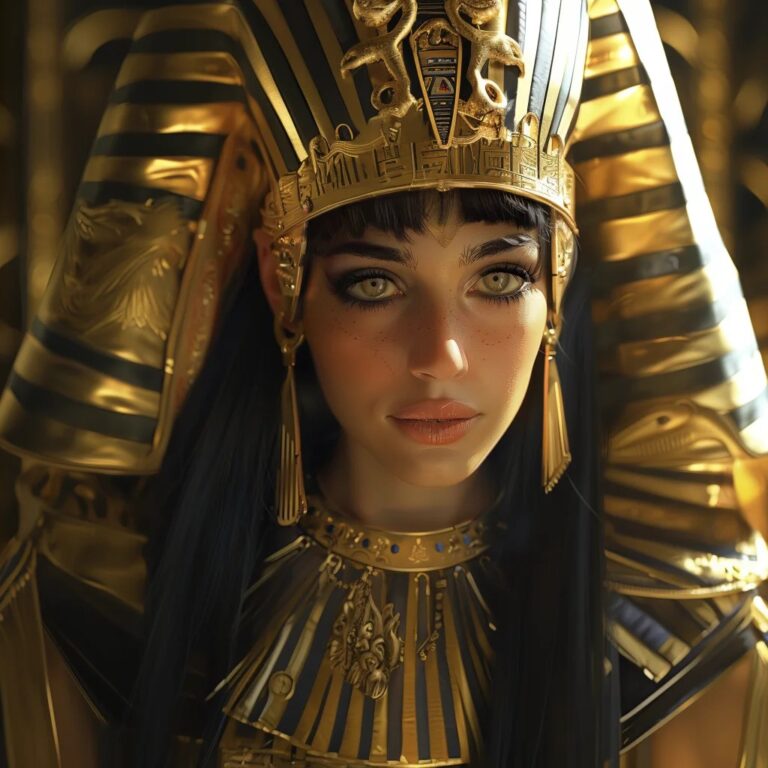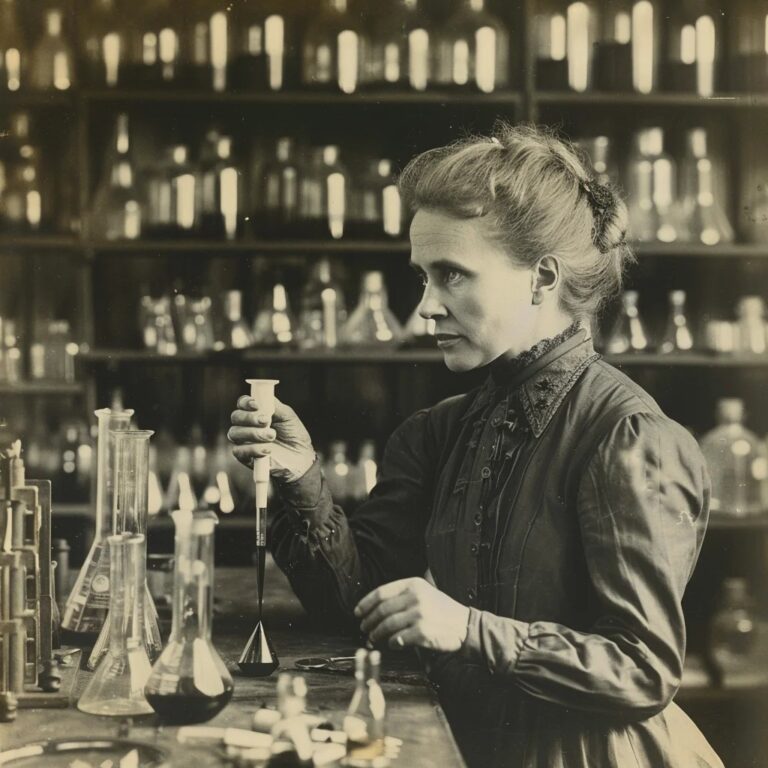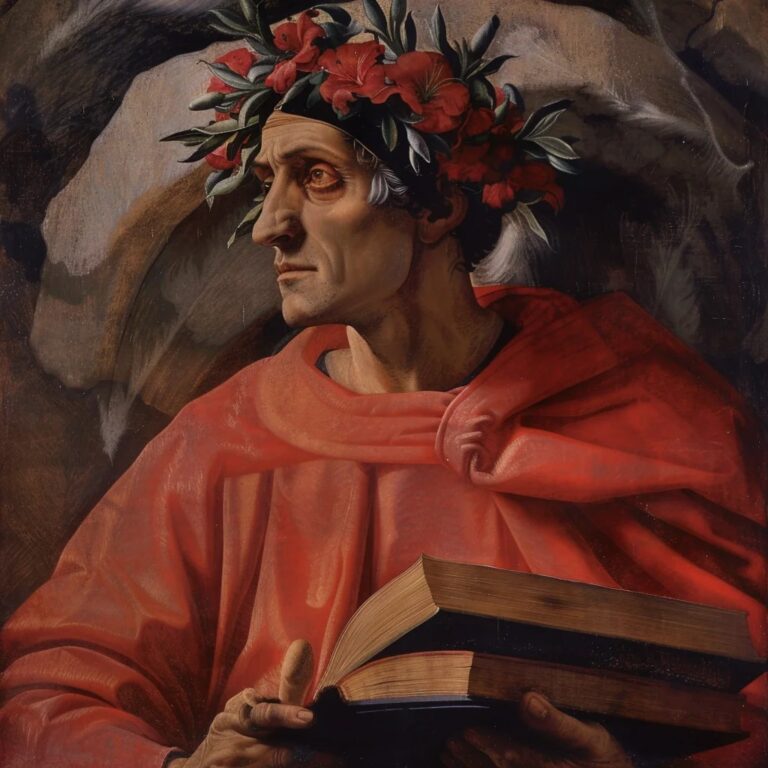Cleopatra was born in 69 BC in Alexandria, Egypt.
She was a member of the Ptolemaic dynasty, which was of Macedonian Greek origin.
Cleopatra could speak several languages, including Greek and Egyptian.
She became co-ruler of Egypt with her brother Ptolemy XIII at the age of 18.
She had a son, Ptolemy XV Philopator Philometor Caesar, also known as Caesarion, with Julius Caesar.
She formed a political and romantic alliance with Mark Antony after Caesar's assassination.
Cleopatra and Mark Antony were defeated by Octavian's forces at the Battle of Actium in 31 BC.
She is said to have committed suicide by allowing an asp (Egyptian cobra) to bite her.
Cleopatra's death marked the end of the Ptolemaic Kingdom and the beginning of Roman Egypt.
She was known for her seductive voice and charismatic presence.
She was highly educated and wrote medical and pharmacological texts.
Her life has been the subject of numerous works of art, literature, and film.
Cleopatra was the last Pharaoh of ancient Egypt.
She was portrayed by Elizabeth Taylor in the 1963 film 'Cleopatra.'
Her relationships with powerful Roman figures were crucial in her political strategy.


